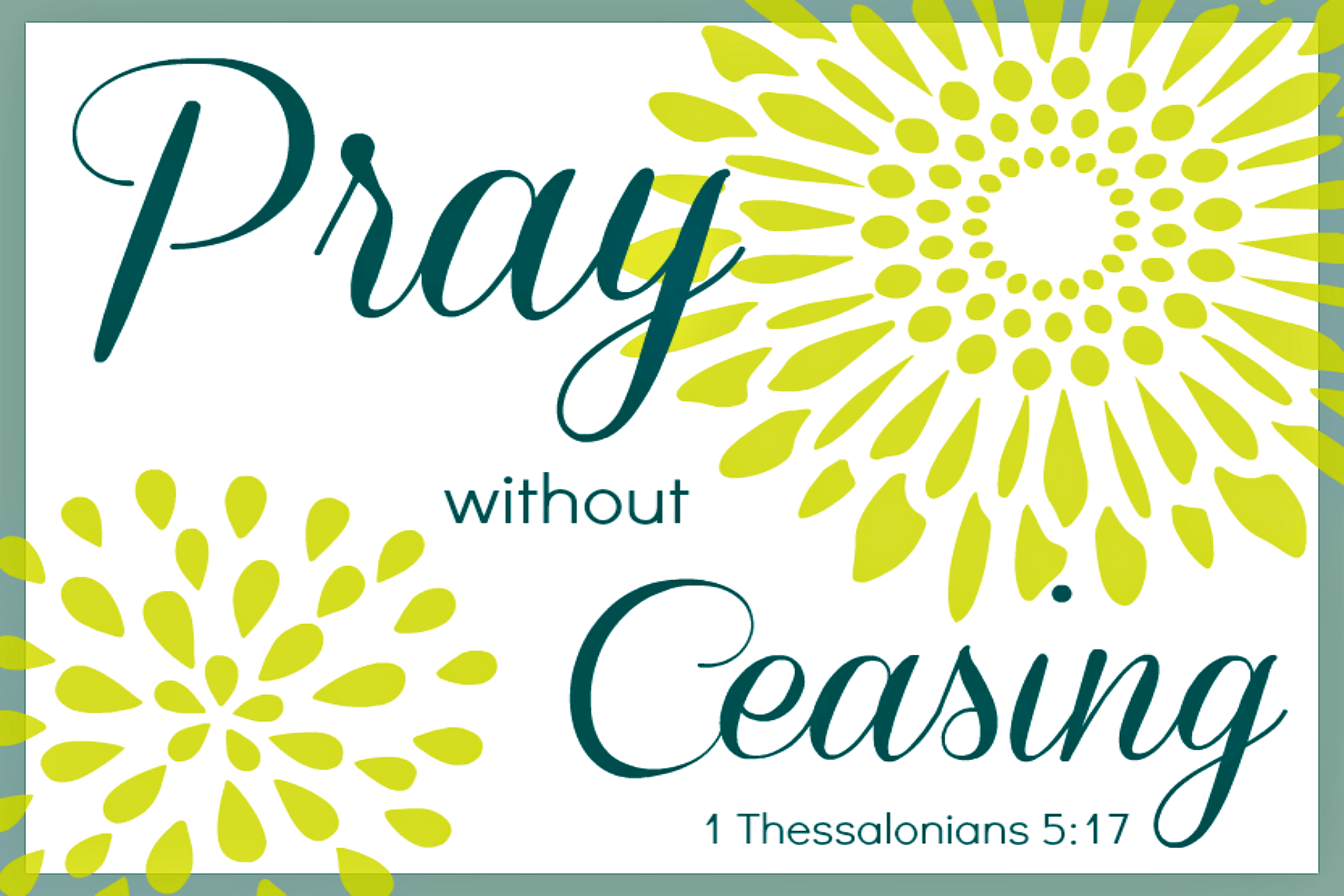Prayer occupies a central position within the Baha’i Faith, encompassing not merely a ritualistic activity but a profound means of communion with the Divine. The teachings of Baha’u’llah, the founder of the Baha’i Faith, articulate a multifaceted understanding of prayer, encouraging personal connection and communal unity. In this exploration, we shall delve into the various dimensions of Baha’i prayer, the personal experiences of believers, and the transformative potential prayer holds in the life of a Baha’i disciple.
To begin, it is essential to recognize the distinct structure of Baha’i prayers. There are obligatory prayers, which are mandatory and recited daily, and optional supplications, which can be recited freely. The obligatory prayers serve as a foundational practice, delineated into three selections, each suited for different individual needs and circumstances. For instance, the Short Obligatory Prayer highlights brevity and simplicity, requiring the participant to meditate on their devotion and seek divine guidance. In contrast, the Medium and Long Obligatory Prayers invoke a deeper engagement with celestial grace, often extending beyond mere words into rich contemplation.
Each believer’s journey with these prayers can be quite unique. While some may find solace in the brevity of the Short Prayer, others might prefer the extensive and elaborate nature of the Long Obligatory Prayer, which immerses them in spiritual reflection. This variance reflects the Baha’i principle of individual investigation of truth; no two followers experience these sacred practices identically. Such personal connection to the divine is crucial, fostering a sense of ownership over one’s spiritual life.
Alongside obligatory prayers, the Baha’i Faith emphasizes the importance of spontaneous supplication—a practice that enables believers to articulate personal thoughts, feelings, and needs. Spontaneous prayer often serves as a vehicle for emotional catharsis, allowing the individual to express gratitude, seek guidance, or request healing for themselves and others. As one conducts their daily routines, moments of spontaneous prayer can emerge, transforming mundane activities into sacred encounters. This spontaneous practice is a vital aspect of the Baha’i teaching, reinforcing the notion that communication with God can traverse formalities and propel the believer into a more intimate relationship with the Divine.
In exploring one’s praying style, believers may find themselves gravitating toward specific types of prayers or poetic texts from the Baha’i scriptures. Baha’i prayers are not only profound in their content but also rich in their linguistics, often presenting an array of metaphors and analogies that further deepen one’s spiritual understanding. Verses enriched with metaphor invite contemplation, encouraging believers to delve into their meanings and apply them to their own lives. For instance, Baha’i teachings liken the human soul to a garden that requires nurturing and care. Such imagery becomes powerful during prayer, facilitating a vibrant connection to the metaphysical.
Moreover, community plays an essential role in the Baha’i understanding of prayer. Group prayers often foster a sense of unity and shared purpose, amplifying the spiritual energy and collective vibrancy among participants. Gathering for communal prayer can take place in homes, community centers, or during holy days, ensuring that the act of worship transcends personal discernment. This communal aspect serves as a reminder of the interdependence of human beings, aligning with the Baha’i notion of oneness, which asserts that humanity should operate as a single entity, harmoniously connected. In these gatherings, individuals witness varying expressions of spirituality, which ultimately enrich their own experiences of prayer.
Testimonies from Baha’is often illustrate the transformative power of prayer in navigating life’s challenges. Many recount how specific prayers have acted as anchors during turbulent times, guiding them towards clarity and inner peace. Whether grappling with loss, confusion, or existential questioning, believers frequently attest to the solace found in the rhythmic linguistics of prayers, as they cultivate a sense of divine presence amid adversity. Such personal narratives are affirmations of the Baha’i commitment to utilizing prayer as a means of spiritual resilience.
In particular instances, healing prayers serve a vital purpose, providing comfort in moments of physical or emotional distress. The emphasis on healing within prayer underscores the Baha’i understanding that divine energy can manifest in various forms—spiritually, emotionally, and physically. When reciting prayers for healing, believers often visualize the presence of healing light enveloping not only themselves but also those for whom they pray. This visualization becomes a crucial facet of their practice, heightening emotional investment and resonance with the prayer’s intent.
For those new to prayer within the Baha’i Faith, engaging with prayer can initially feel daunting. To ease this transition, many suggest starting with simplicity; focusing on short and meaningful prayers can foster familiarity and reduce apprehension. As individuals gradually integrate prayer into their daily lives, the depth of their experience burgeons. Personal reflection becomes vital; maintaining a prayer journal can help encapsulate evolving thoughts and feelings about prayer.
Ultimately, the essence of Baha’i prayer rests upon the belief that it provides a conduit to the Divine and an avenue for self-discovery. Prayer stands as a multifaceted sanctuary for personal contemplation, communal harmony, and emotional resilience. Its manifestation reflects the evolving relationship one maintains with the Divine, as believers define and redefine their approach to spirituality throughout their lives. Through prayer, Baha’is cultivate inner tranquility, draw closer to their community, and foster a deeper understanding of themselves and their purpose. It is a journey marked not solely by ritual but by ongoing transformation, challenging disciples to grow in faith, love, and service to humanity.
